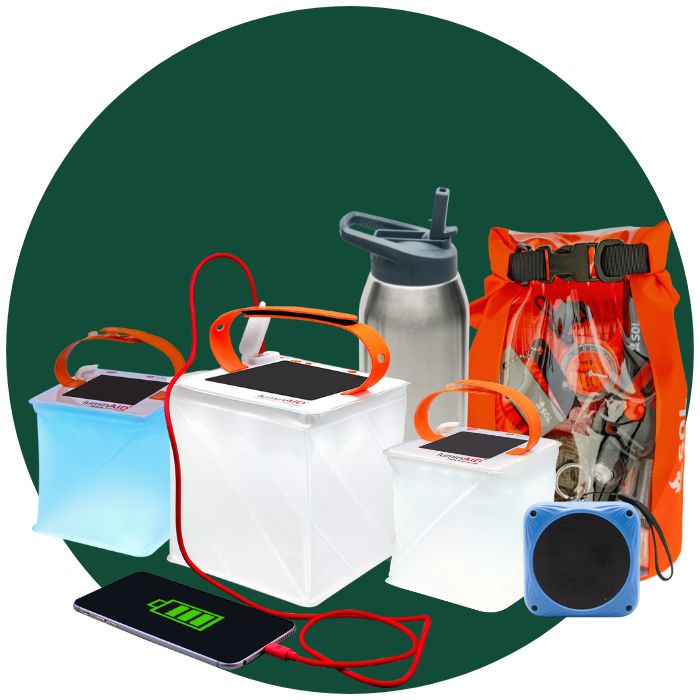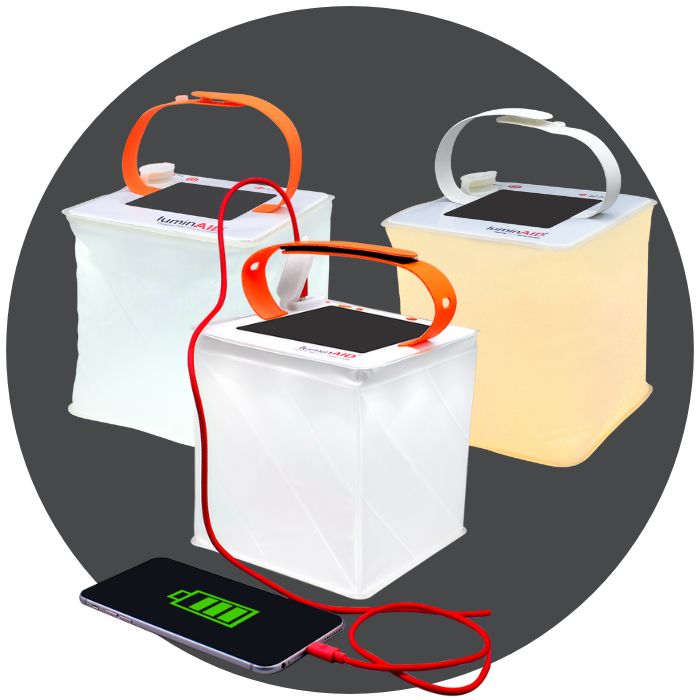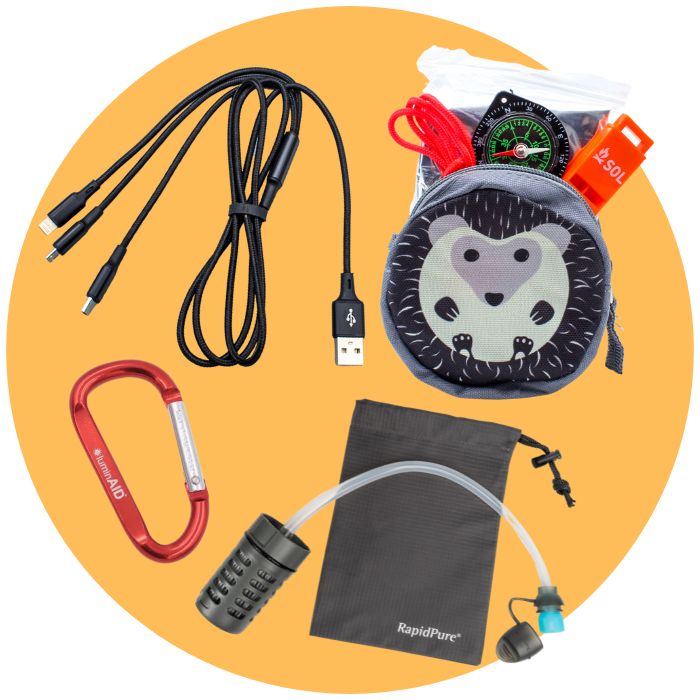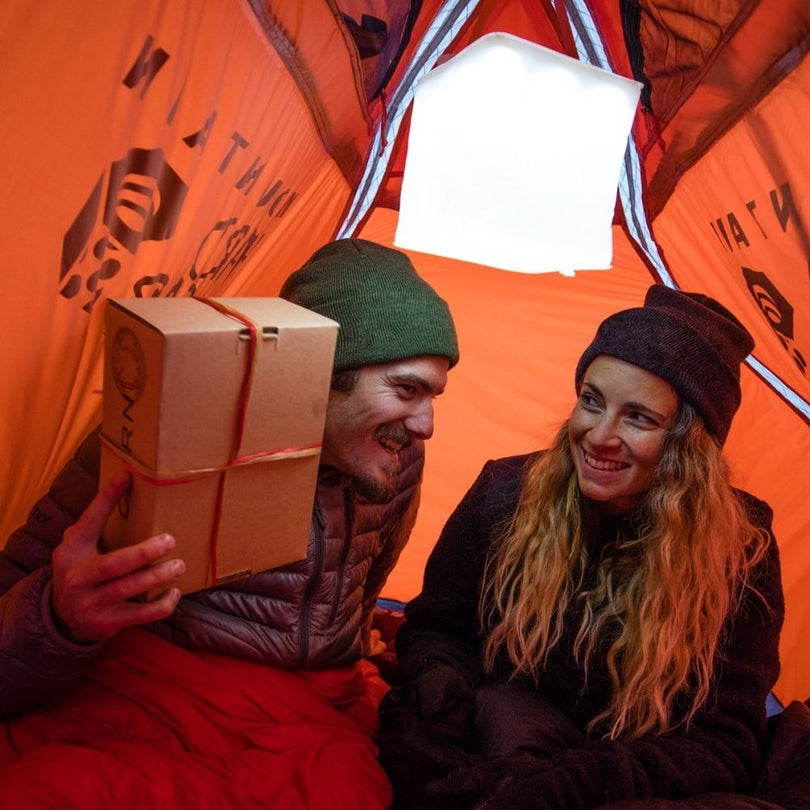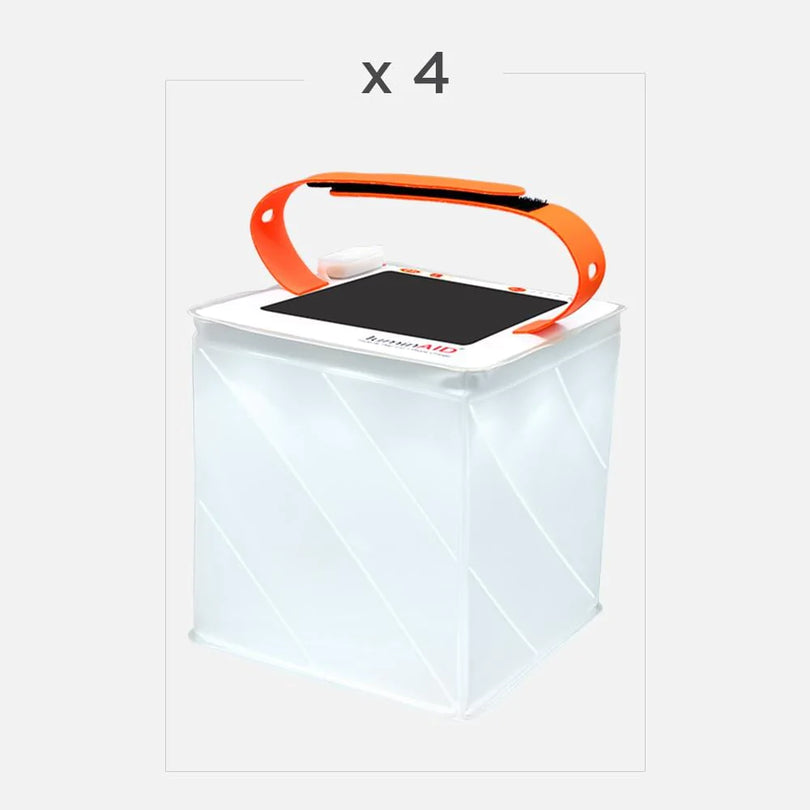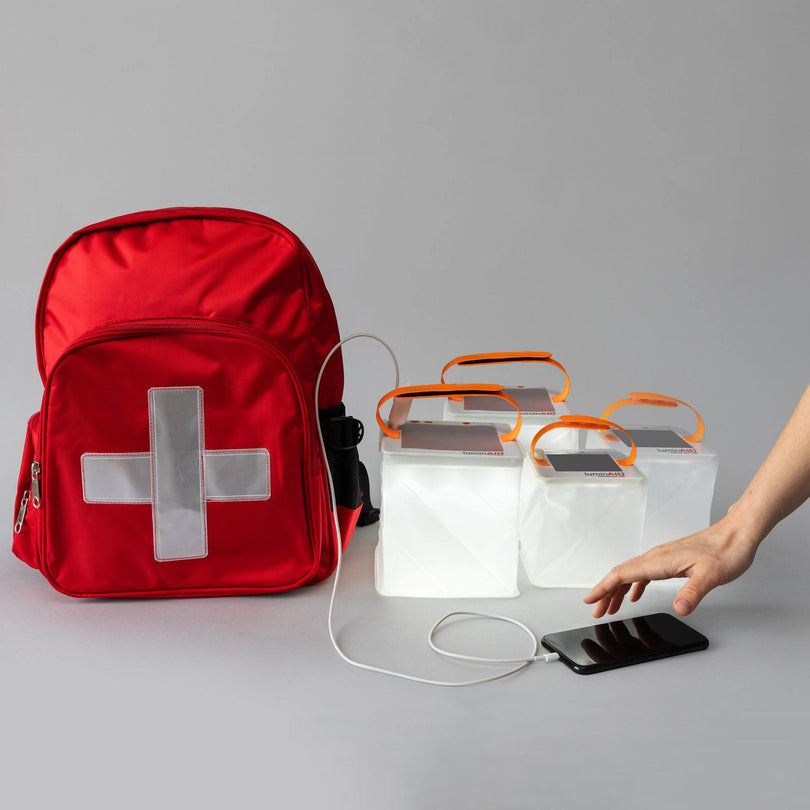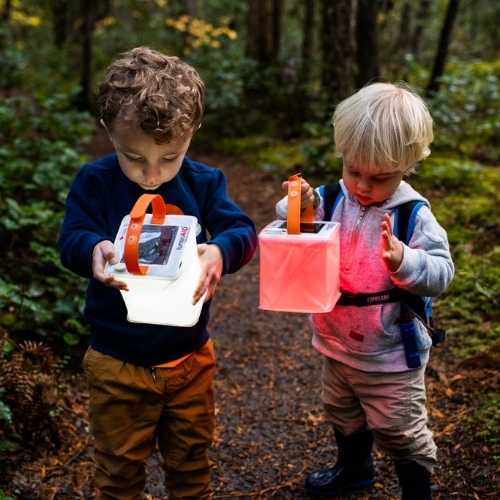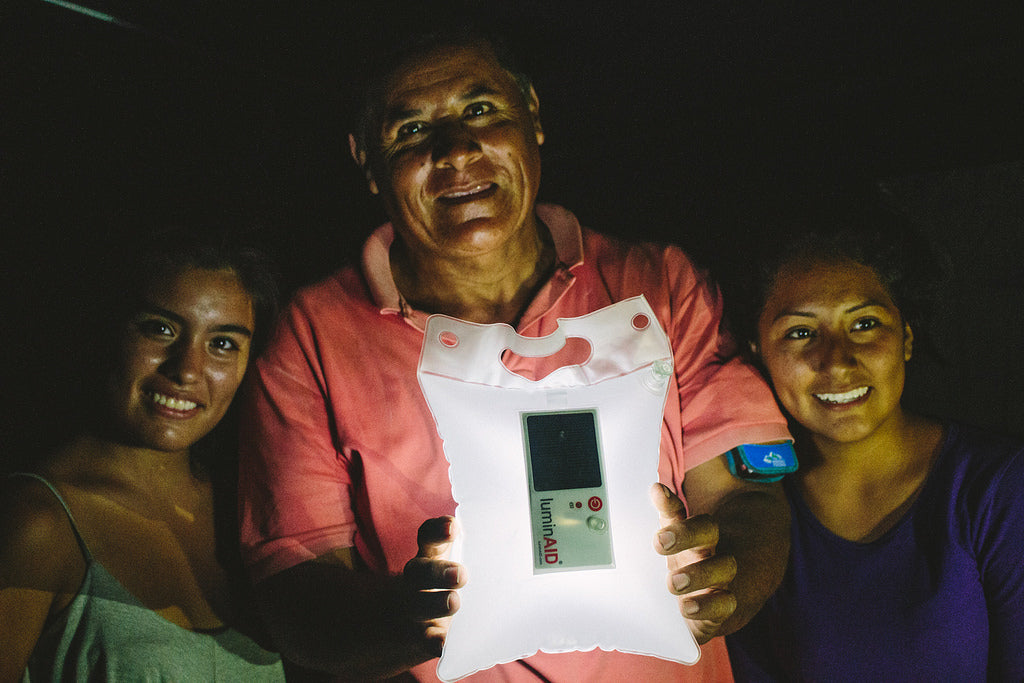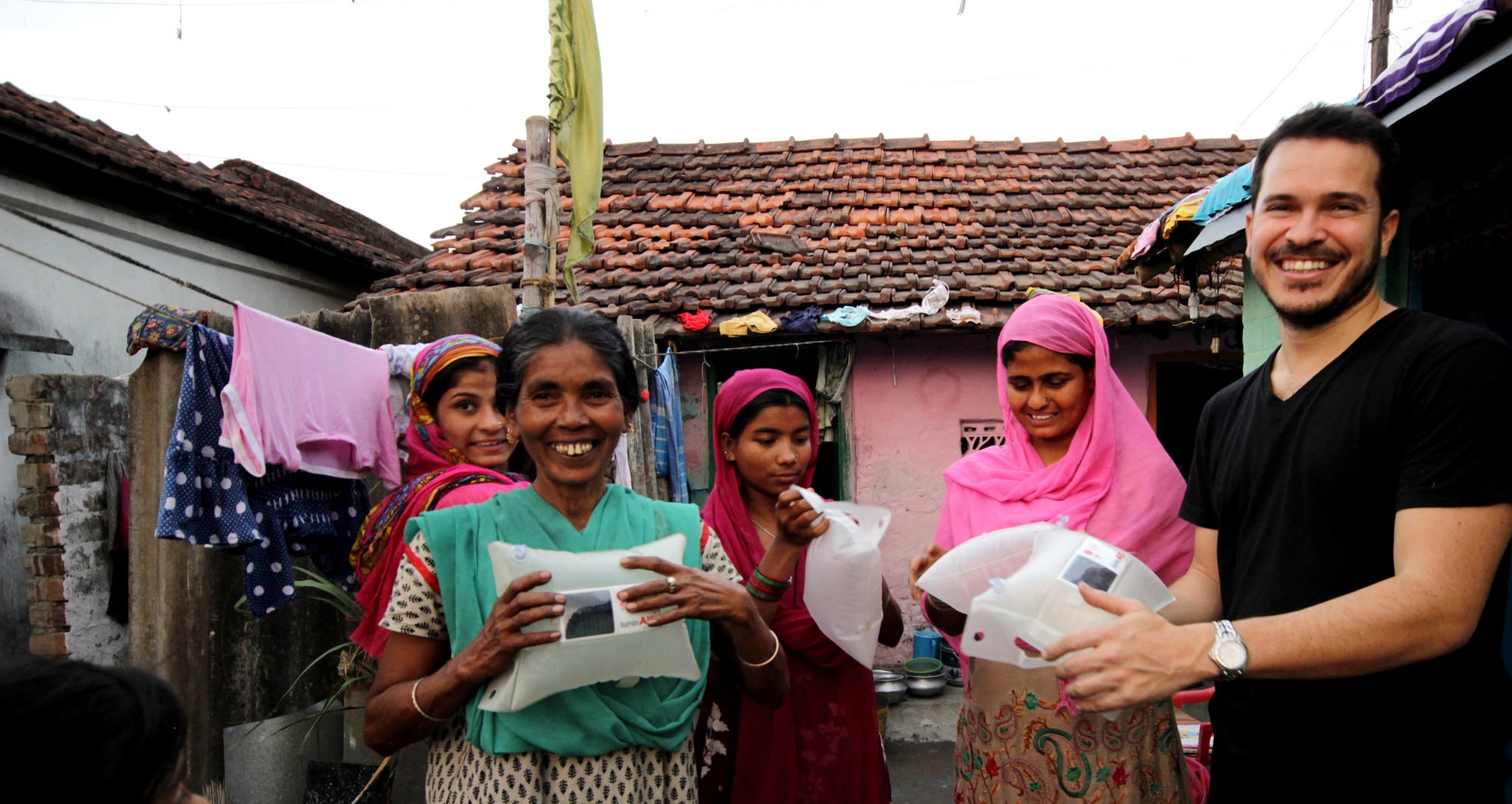Students in Joffre-Ville, Madagascar finally have lights for their classroom
The chef making your favorite local dish, the teacher showing kids how a plant grows, a parent staying up late to take care of a child...all of these community members depend on the same simple tool: light. But what happens to a community when access to safe light is limited? A young Peace Corps volunteer showed how providing LuminAID solar lights to different parts of a community can have an important impact on the economy, education, and future of a village without electricity.
Welcome to small town Madagascar, another community where solar lighting is making a big impact. Joffre-Ville is a small community in Madagascar, where the economy is supported by some of the tourism attracted to a nearby national park. The distribution of this limited wealth however is uneven across the community; not a single family has access to electricity, and only several have small solar for limited lighting needs. Working in the region to help improve food security, Peace Corps volunteer Madeline saw this need for lighting that had been largely overlooked.

Villagers in Joffre-ville have no access to the grid, depending on solar & fuel for light
Madeline worked hard to identify where these solar lights would have the greatest impact on the community as a whole. Working with the local middle school, she helped set up the majority of the lights in a study hall to provide a space for after-school homework and studying for exams. The LuminAID lights also came in handy for rainy days, where teachers would previously be forced to end class early due to limited natural light in the classroom. In a community where dropout rates and education funding are limiting factors, additional opportunities to stay in and learn can be transformative.
Several LuminAID PackLite 16 solar lanterns were also given to the local restaurants, who had previously been cooking and serving dinner by candlelight. The solar lights cut down on fuel costs for the restaurant owners, and help attract a wider clientele by serving dinner in comfort after dark.
Madeline also gave several lights to her host family in the community. When she returned to visit several months later, she found the kids were studying and reading after dark by LuminAID light, while their parents used the lights to prepare family meals in the evening.

A woman shows her LuminAID lantern illuminating her dinner prep
With this targeted approach, Madeline was able to ensure that the renewable solar lights had a positive impact on the local economy as well as educational resources available to local kids. In this way, a tool as simple as light can support the future of the community, and improve everyone’s equal access to opportunity.
More than 25,000 LuminAID lights have been distributed to families in need worldwide. Learn more about how access to light can impact the economy, education, safety, and future of communities around the world on the LuminAID blog. Get involved with our Give Light Program, and sponsor a light to a family in need.

